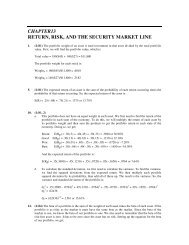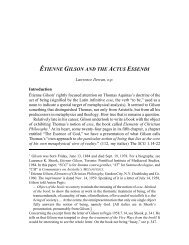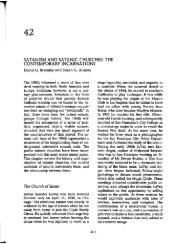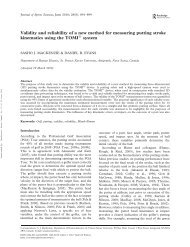Multiplier
Multiplier
Multiplier
You also want an ePaper? Increase the reach of your titles
YUMPU automatically turns print PDFs into web optimized ePapers that Google loves.
Introduction to Economics, ECON 100:11 & 13<br />
<strong>Multiplier</strong> Model<br />
Limitations of the Model<br />
1. It is not a complete model of the economy. We say this because the model does<br />
not tell us how investments etc are determined within the economy. How do<br />
individuals in the economy really choose how much to consume, and how would<br />
they then react to changes made say by the firms. How do the agents in the<br />
economy determine their expectations?<br />
2. Price level will change in response to changes in AD, which in turn limits the<br />
magnitude of change in real output.<br />
3. Expectations make adjustment process more complicated (Rational Expectations<br />
Model, where agents in the economy are assumed to be rational and uses all<br />
information available to predict the expected equilibrium). What the AD/AS<br />
model and multiplier model does is to say that when the economy is in<br />
disequilibrium (equilibrium away from the long run equilibrium), it either<br />
recovers by itself, or the government does something to bring it back to potential<br />
equilibrium. Consider a negative AD shock that causes a recessionary gap, based<br />
on our argument, the economy either gets back by itself, or does so through direct<br />
spending or other policy. But what if the general outlook in the economy is a<br />
gloomy bearish one. Does government intervention change perception or<br />
expectation of the future? If not, all that will happen may be that the economy<br />
would keep experiencing lower and lower level of C and I, but keeps getting<br />
propped up by government spending with expectations unaltered.<br />
4. Shifts in expenditure may reflect desired shifts in supply and demand (structural<br />
changes) and not just changes by suppliers in response to changes in demand.<br />
Real Business Cycle Theory. What this means then is that by attempting to<br />
adjust the economy on the basis of perceived deviations from the potential output<br />
is incorrect, and disrupts the process of adjustment made within the economy.<br />
Consider a shift in consumption of fuel efficient means of transportation. The<br />
adjustment phase say from gasoline engine vehicles to say methanol vehicles may<br />
induce a huge jump in consumption, pushing the economy out of its potential<br />
output level. But it is simply induced by a real change technology which requires<br />
an adjustment period while everyone readjusts. If the government intervenes<br />
thinking the economy is over heating, say by raising interest rates, it may simply<br />
end up making the change that much tougher. That is the intervention is totally<br />
superfluous, because once all the changes runs itself out, the economy would get<br />
back to its potentially level. Real Business Cycle Theory highlights that<br />
fluctuations in the economy is a reflection of real changes in the economy (such<br />
as the technology change requiring adjustment time), so that it is a simultaneous<br />
change in demand and supply, and not just to reactions by supply from changing<br />
demand.<br />
Expenditures in the model thus far say that changes in current income, changes<br />
consumption. However, do individuals really do that, or do they base their consumption<br />
on lifetime income? Consider the following, when you choose to attend university, did<br />
you do you based on your current income or future lifetime income. In general, an<br />
individual’s consumption is partially based on what they foresee their income would be<br />
in long run, and current income. That is there is a portion of the individual’s income she<br />
is always willing to use regardless of his current income. Then changes to current income<br />
8



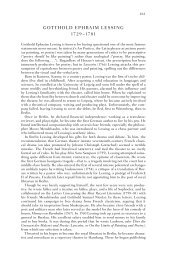
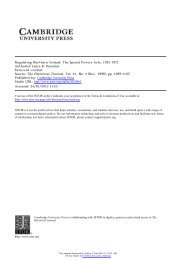
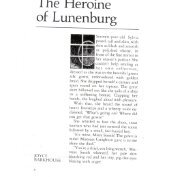
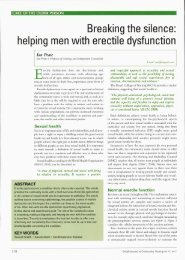
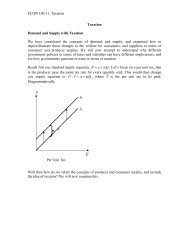
![The Rink - Cyril Dabydeen[1].pdf](https://img.yumpu.com/21946808/1/155x260/the-rink-cyril-dabydeen1pdf.jpg?quality=85)

